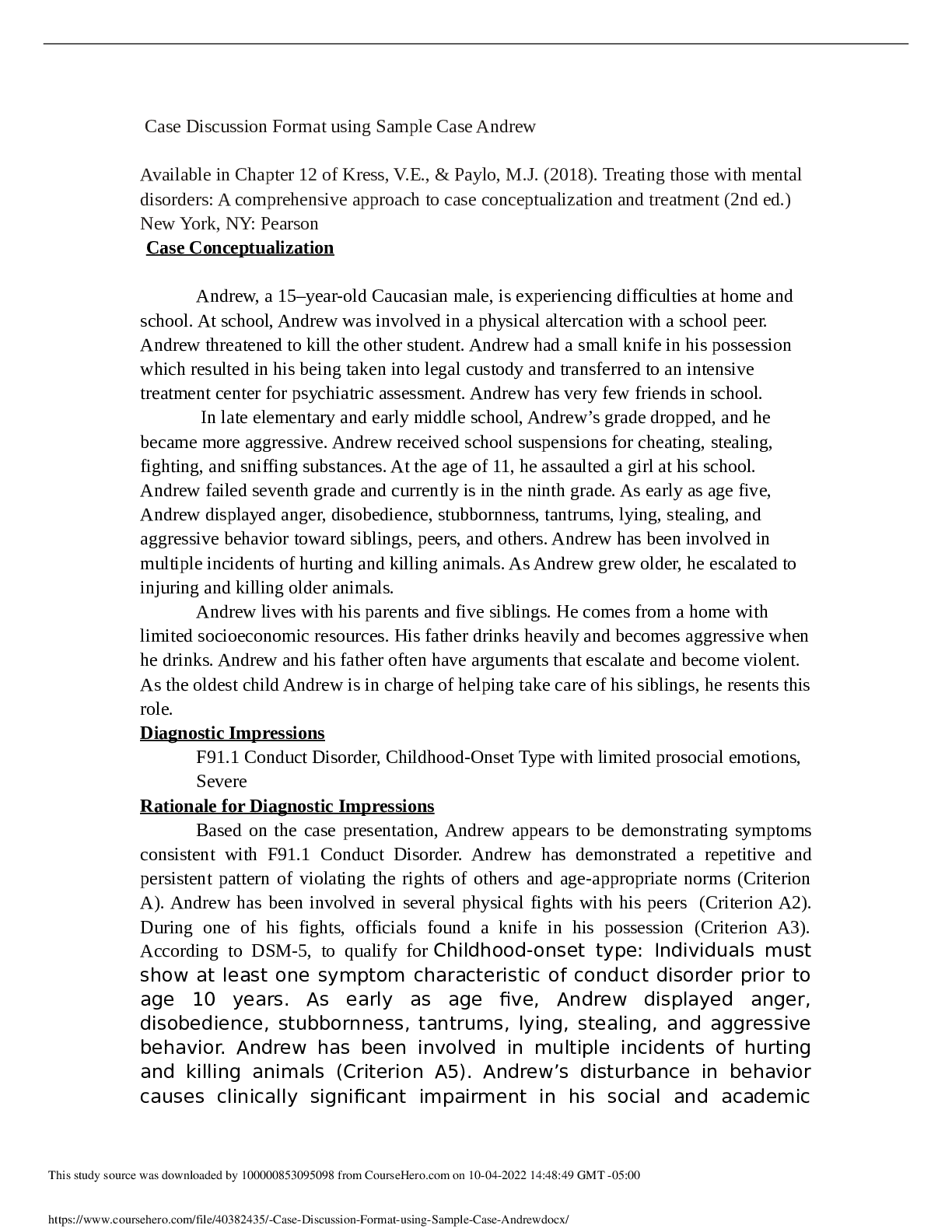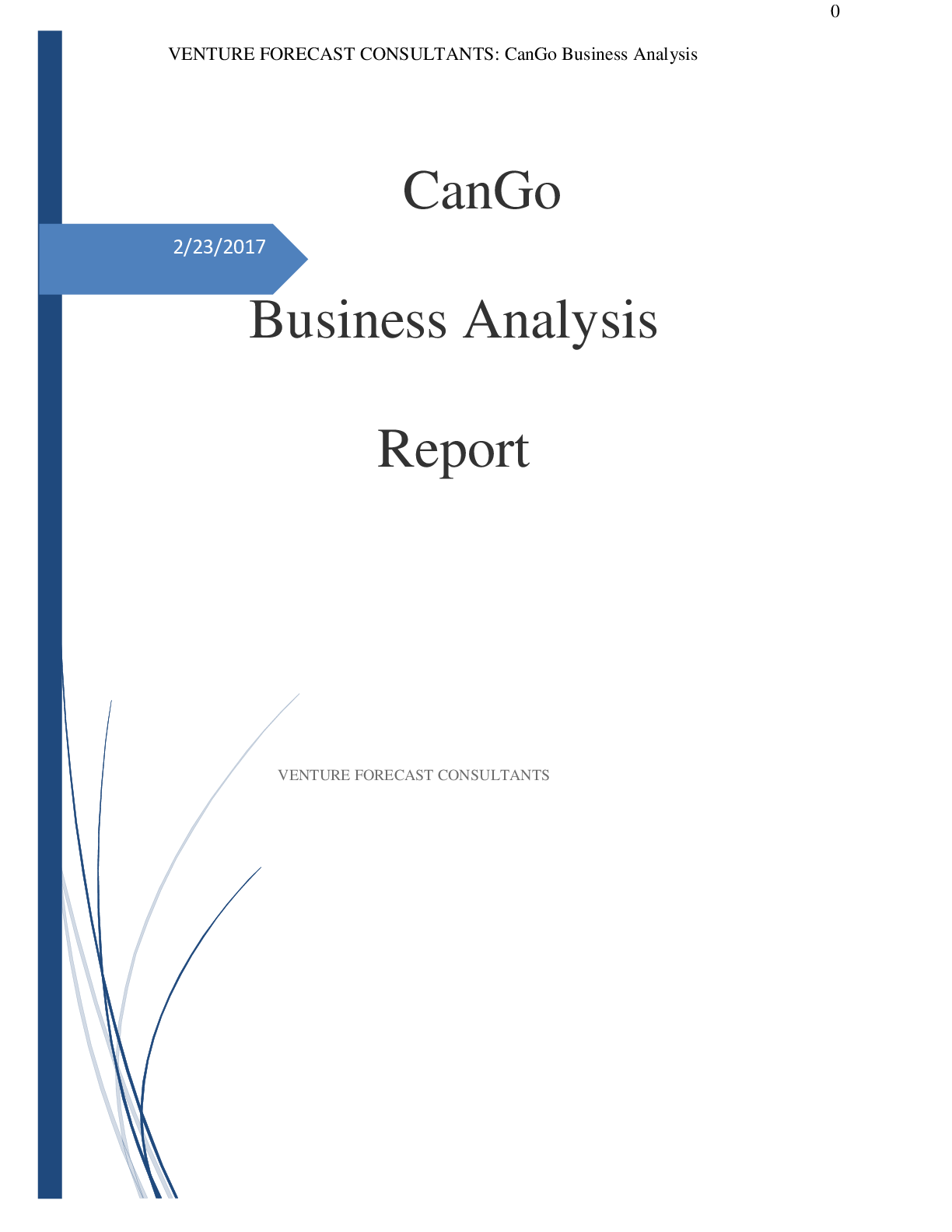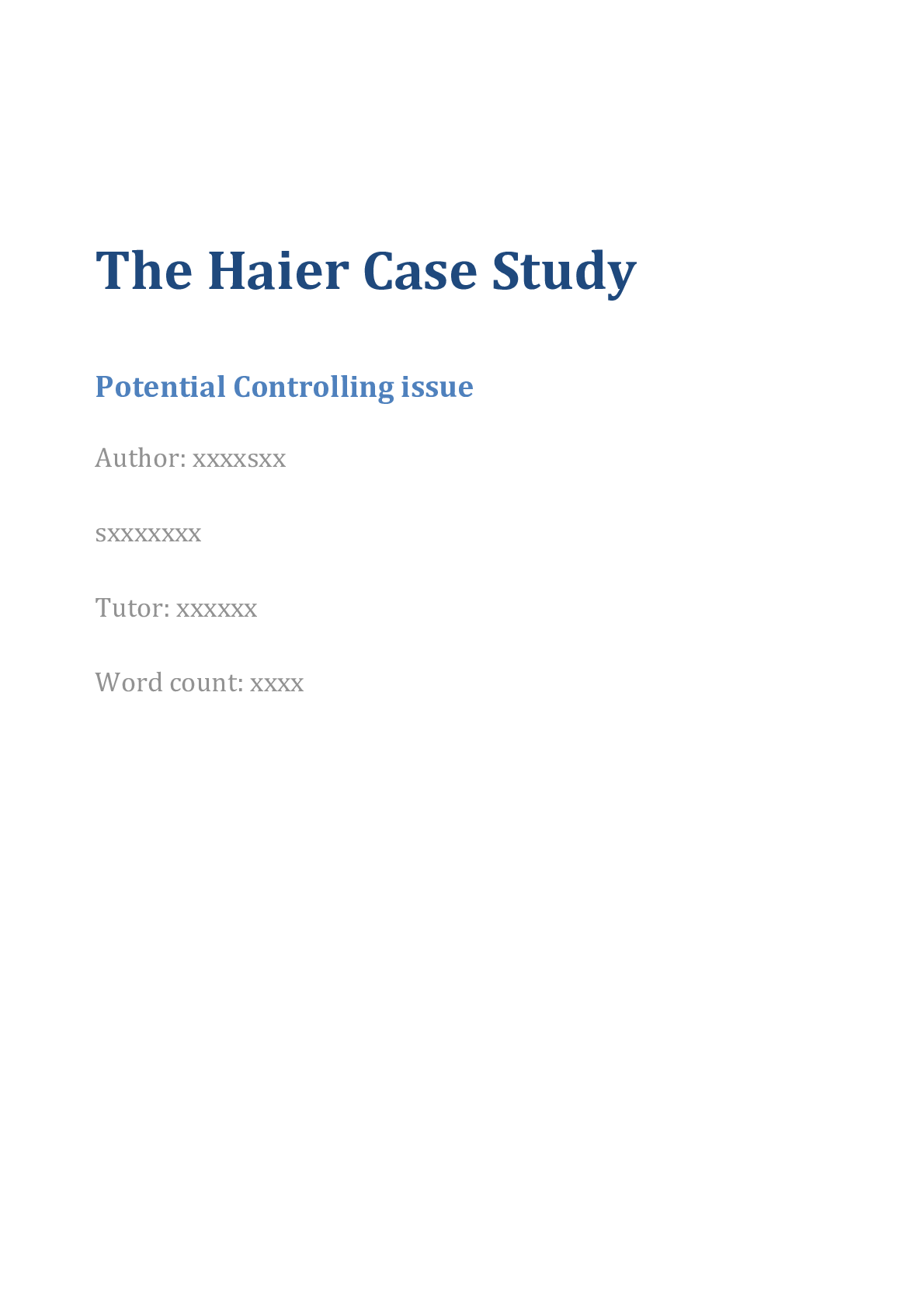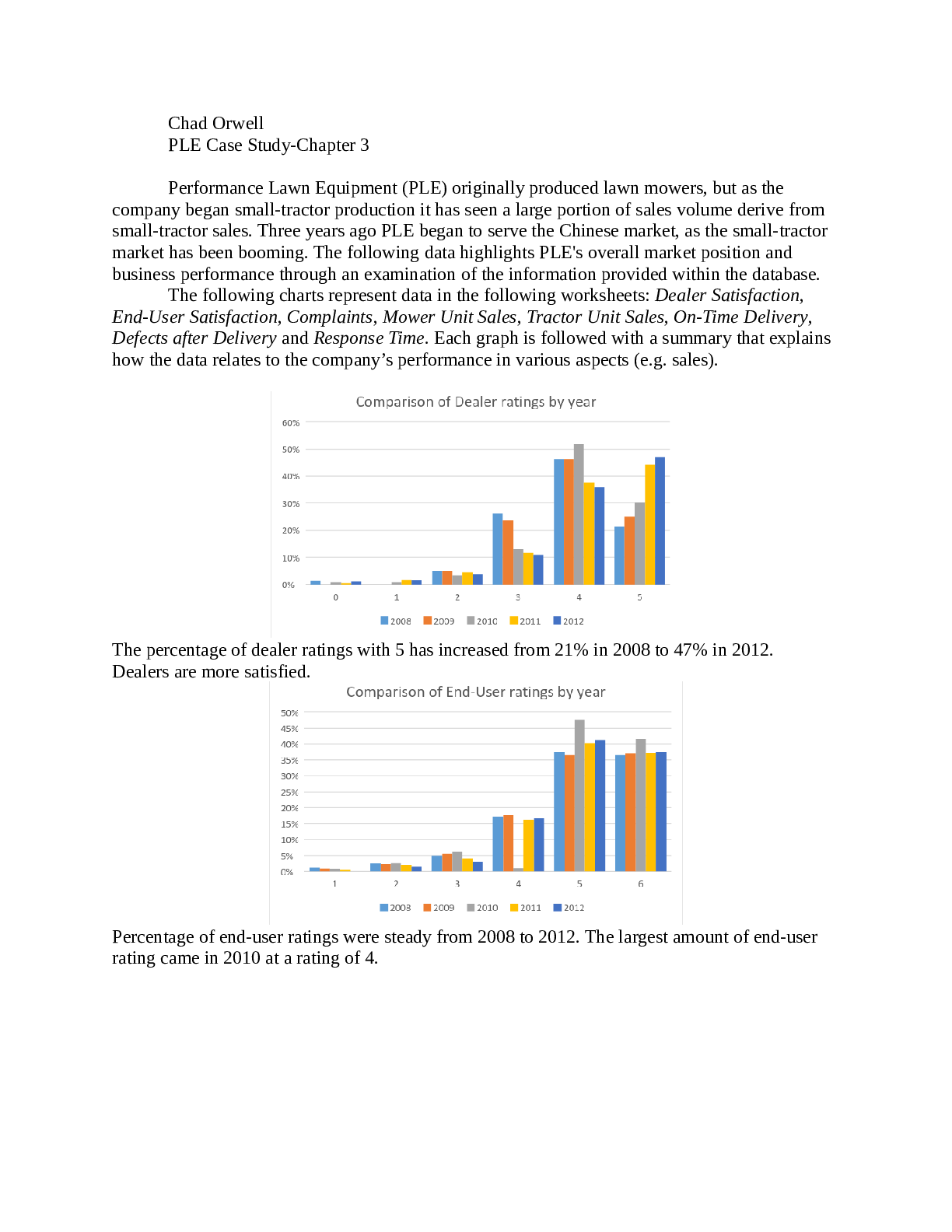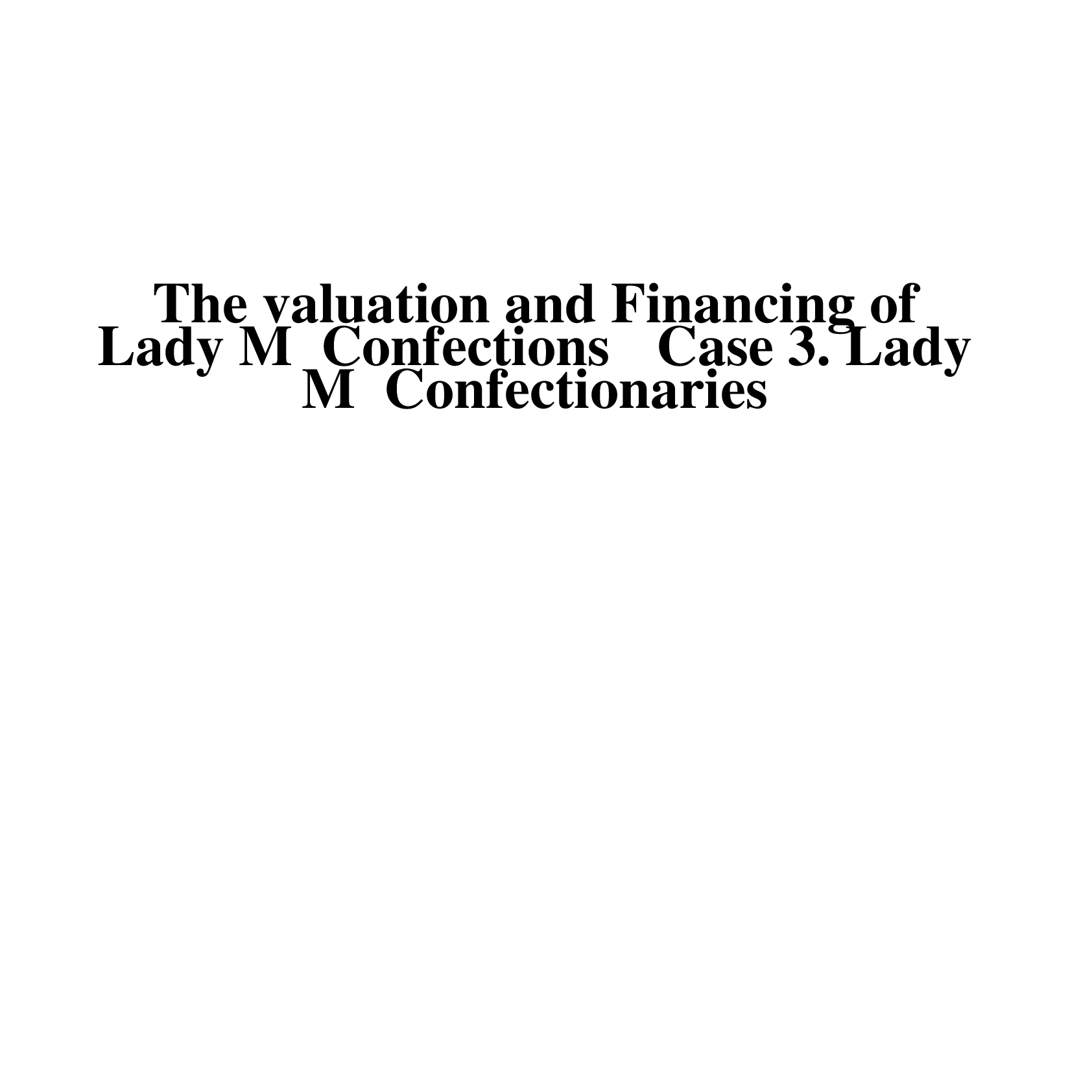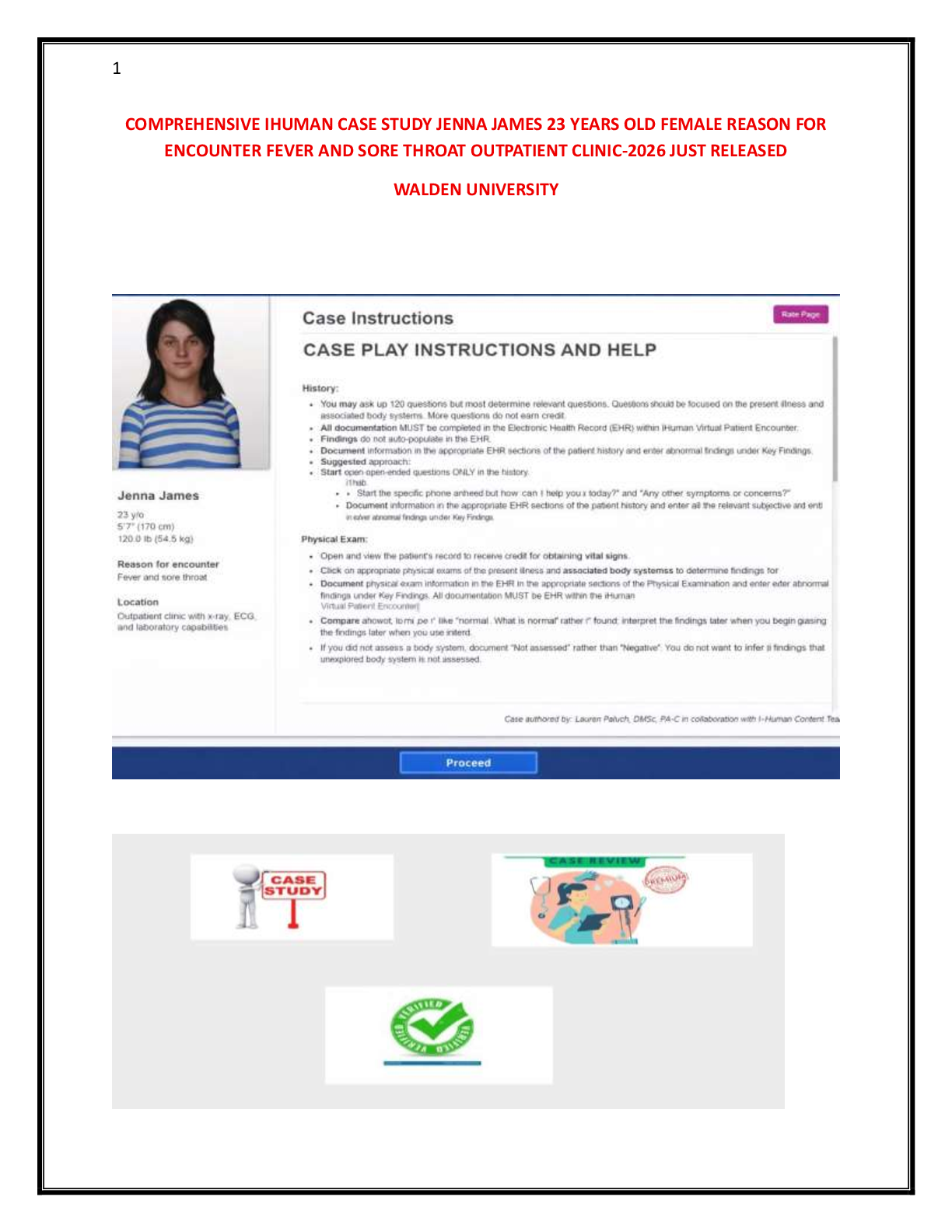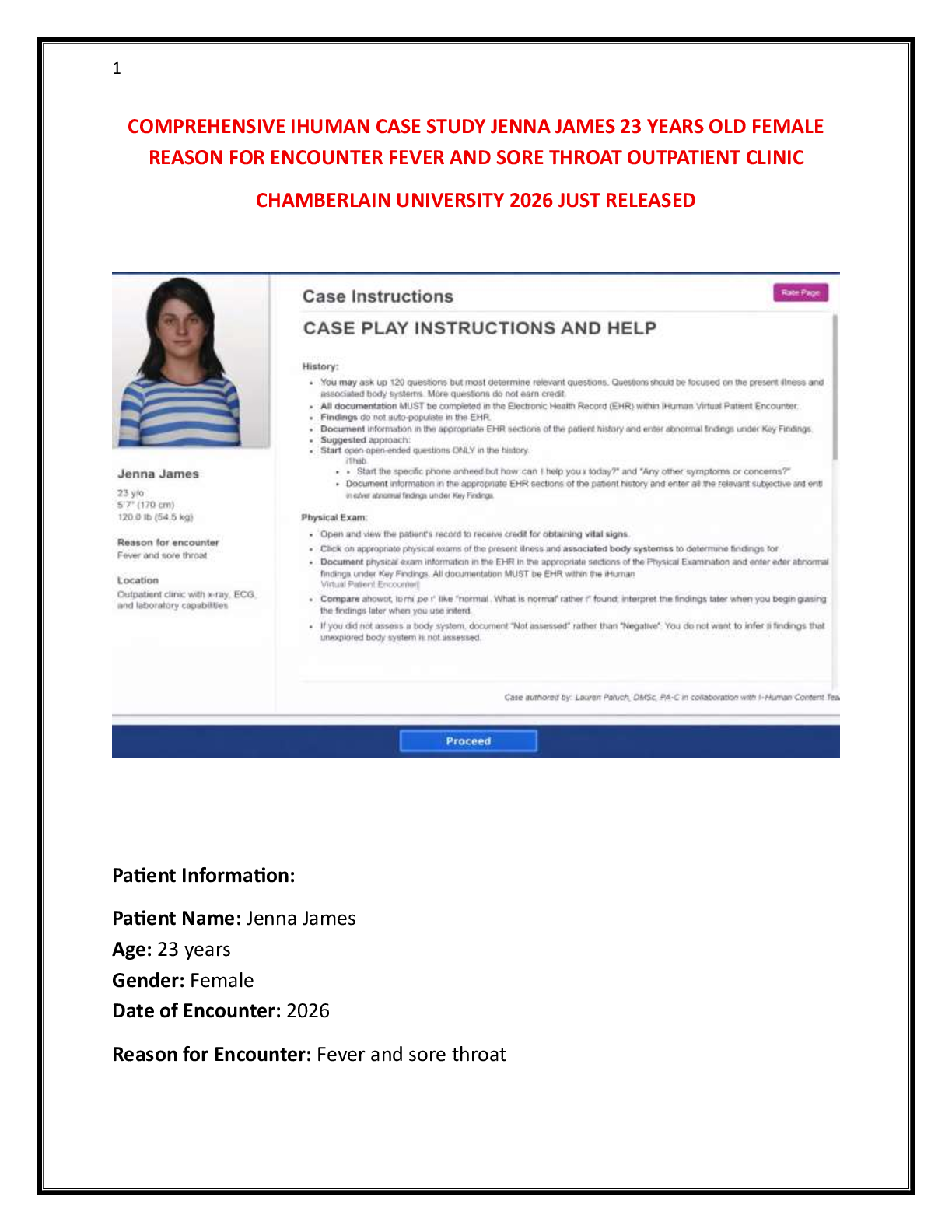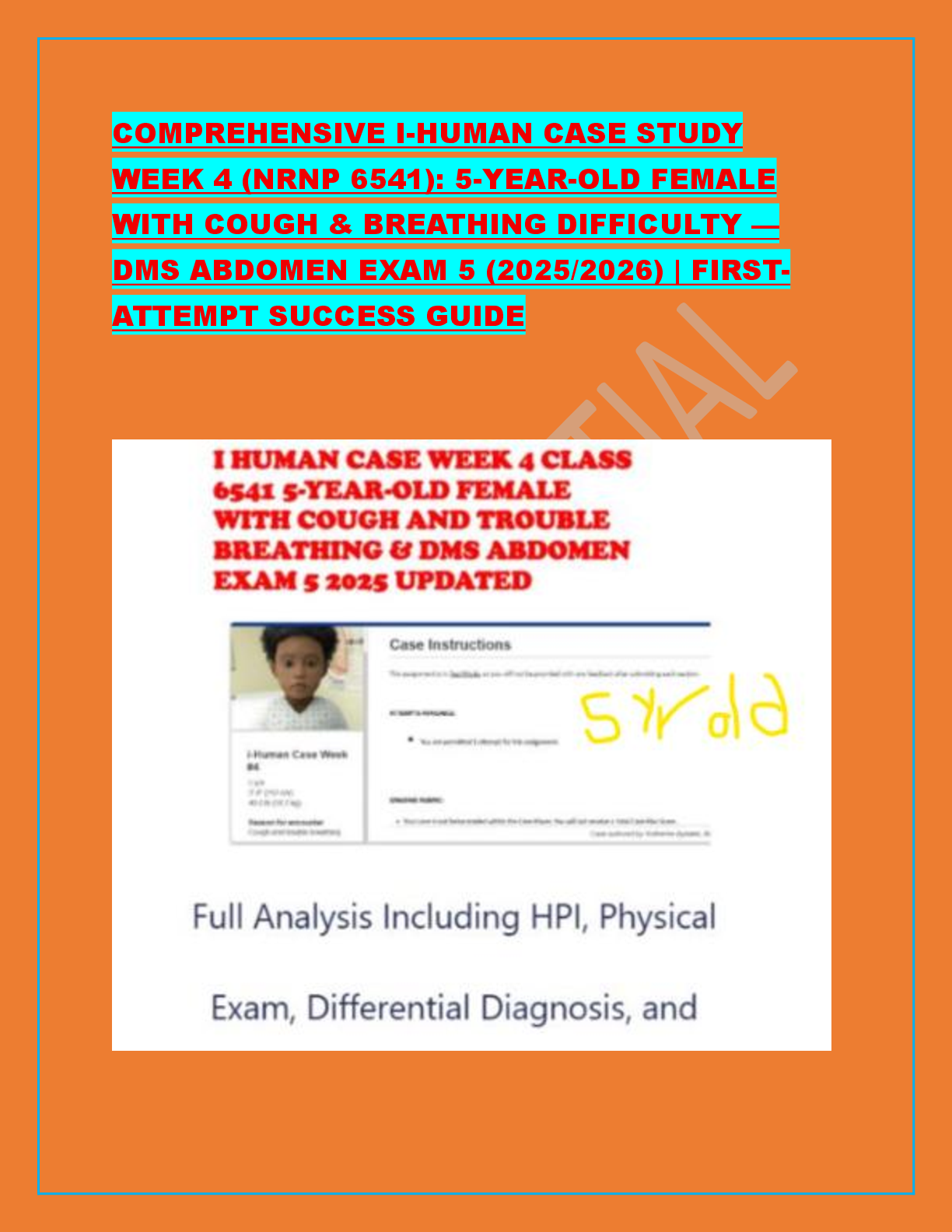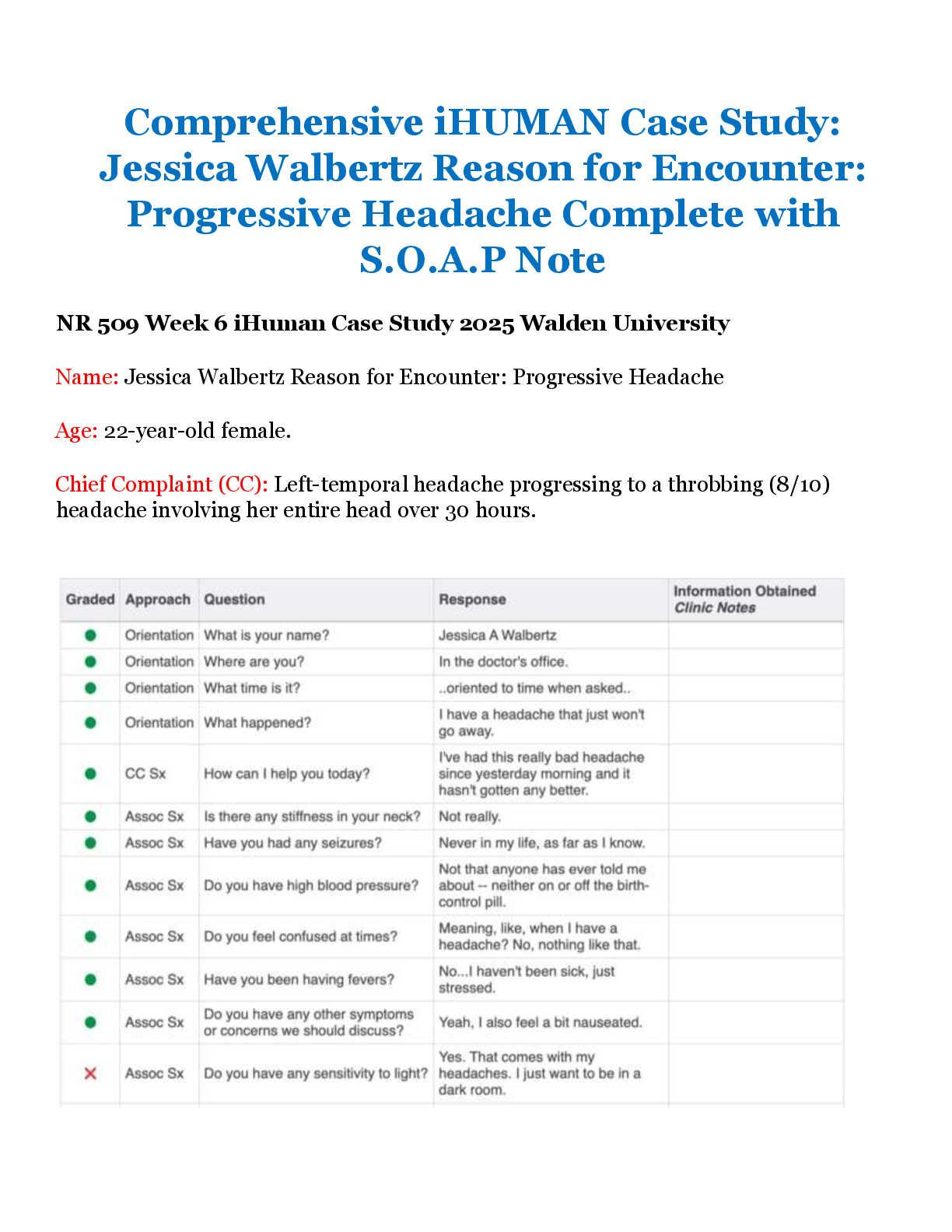Case Discussion Format using Sample Case Andrew
Available in Chapter 12 of Kress, V.E., & Paylo, M.J. (2018). Treating those with mental
disorders: A comprehensive approach to case conceptualization and treatment (2nd
...
Case Discussion Format using Sample Case Andrew
Available in Chapter 12 of Kress, V.E., & Paylo, M.J. (2018). Treating those with mental
disorders: A comprehensive approach to case conceptualization and treatment (2nd ed.)
New York, NY: Pearson
Case Conceptualization
Andrew, a 15–year-old Caucasian male, is experiencing difficulties at home and
school. At school, Andrew was involved in a physical altercation with a school peer.
Andrew threatened to kill the other student. Andrew had a small knife in his possession
which resulted in his being taken into legal custody and transferred to an intensive
treatment center for psychiatric assessment. Andrew has very few friends in school.
In late elementary and early middle school, Andrew’s grade dropped, and he
became more aggressive. Andrew received school suspensions for cheating, stealing,
fighting, and sniffing substances. At the age of 11, he assaulted a girl at his school.
Andrew failed seventh grade and currently is in the ninth grade. As early as age five,
Andrew displayed anger, disobedience, stubbornness, tantrums, lying, stealing, and
aggressive behavior toward siblings, peers, and others. Andrew has been involved in
multiple incidents of hurting and killing animals. As Andrew grew older, he escalated to
injuring and killing older animals.
Andrew lives with his parents and five siblings. He comes from a home with
limited socioeconomic resources. His father drinks heavily and becomes aggressive when
he drinks. Andrew and his father often have arguments that escalate and become violent.
As the oldest child Andrew is in charge of helping take care of his siblings, he resents this
role.
Diagnostic Impressions
F91.1 Conduct Disorder, Childhood-Onset Type with limited prosocial emotions,
Severe
Rationale for Diagnostic Impressions
Based on the case presentation, Andrew appears to be demonstrating symptoms
consistent with F91.1 Conduct Disorder.
[Show More]
